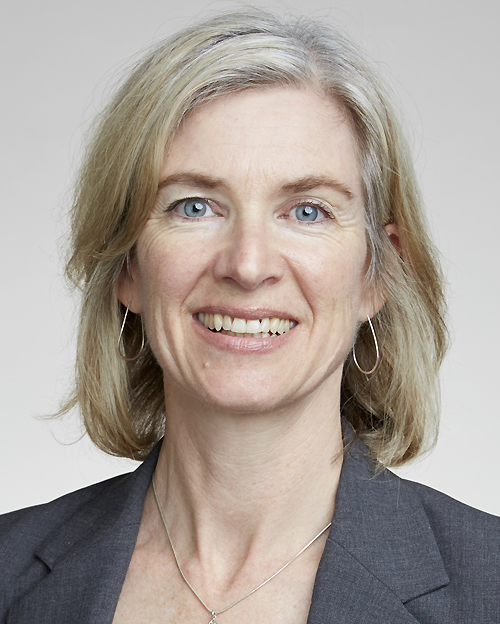Aggregated News

It’s been 10 years since Crispr pioneer Jennifer Doudna published the landmark paper that landed a Nobel Prize for her and colleague Emmanuelle Charpentier, and the researcher already sees advancement toward some of its loftier goals.
To some, the Crispr future has been disappointingly slow to develop. But scientists around the world are using the technology to develop potential cures for debilitating genetic conditions, create diagnostic tests, produce better crops and fight climate change. And editing the genes of babies, a controversial practice Doudna was “horrified” by when a Chinese scientist revealed he’d changed the genomes of twin girls, may arrive within our lifetimes, she said.
Bloomberg News spoke with Doudna, a University of California at Berkeley biochemist and founder of the Innovative Genomics Institute, about the progress Crispr has made and where it can still go. The interview has been edited for clarity and length.
Bloomberg: A few years ago, everyone was talking about editing the genomes of babies using Crispr after a scientist said he had done just that. What has been the ramification of that experience...



